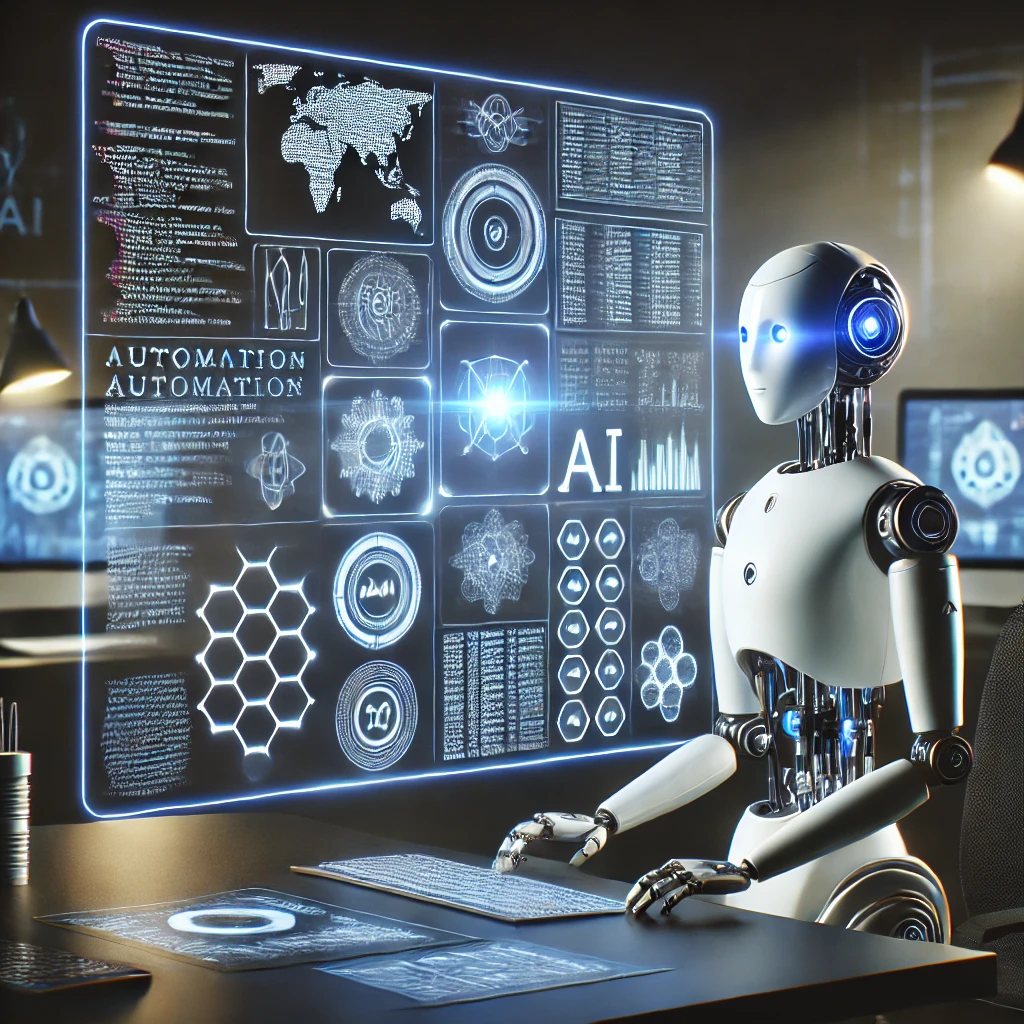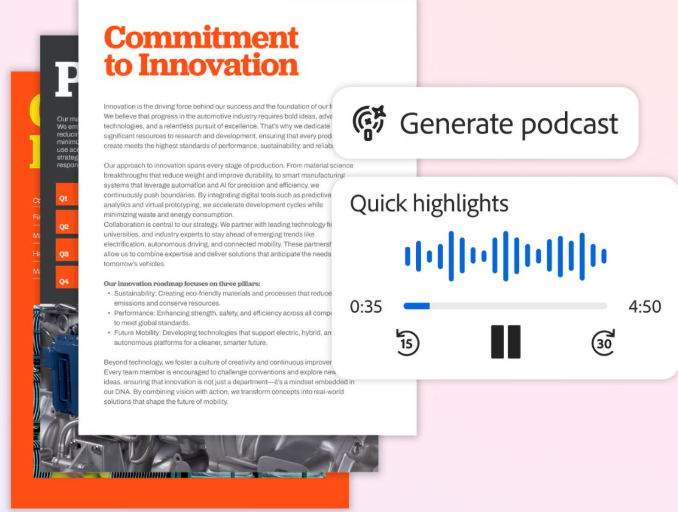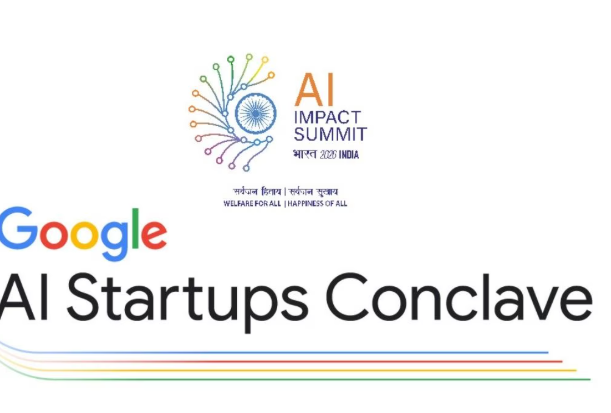Anthropic's Latest AI Milestone: AI-Driven Automation in Focus
In a strategic move to advance AI capabilities, Anthropic, backed by tech giants Alphabet and Amazon, has rolled out updates to its Claude AI models. The new feature, termed "computer use," is designed to enable AI to autonomously execute tasks that traditionally require significant user input, such as navigating software, typing commands, and even interacting with multiple programs. According to Jared Kaplan, Chief Science Officer at Anthropic, this feature can guide AI on "where to move the mouse, where to click, what to type, in order to do quite complicated tasks."
This innovation is tailored primarily for software developers, offering a pathway toward developing AI agents—programs capable of performing complex multi-step actions with minimal human direction. It represents a shift from simple chatbot interactions to a more integrated AI experience, blending the power of automation with the intricacies of software development.
AI Agents: Redefining the Future of Automation
The introduction of AI agents marks a new frontier in artificial intelligence, beyond traditional applications like generating prose or computer code. Anthropic demonstrated the potential of this new capability through various use cases, including coding a basic website and planning a sunrise outing using Google Search and Apple Maps. These examples illustrate the practical value of AI that can seamlessly interact with different digital tools.
Such advancements highlight a broader trend in the AI industry, where AI agents are being explored for their potential to enhance efficiency across various sectors. By reducing the need for manual input, these agents can help businesses streamline operations, manage workflows, and enable developers to focus on higher-value tasks.
Claude 3.5: New Versions and Features for Enhanced Developer Experience
Anthropic's latest update introduces three versions of its Claude AI models—Haiku, Sonnet, and the highly anticipated Opus, slated for release by the end of the year. The updates currently focus on Haiku, the entry-level model, and Sonnet, the mid-tier version, both of which have seen improvements in their ability to generate computer code. Haiku, now in version 3.5, can produce code with a quality "almost comparable" to Sonnet, offering a scalable solution for developers seeking cost-effective AI tools.
The "computer use" capability is currently available only with the updated version of Claude 3.5 Sonnet. To ensure responsible use, Anthropic has integrated safeguards to prevent misuse, particularly in areas like spam, fraud, and election-related activities. Despite its advanced capabilities, the AI system still faces challenges, as Kaplan noted, with occasional errors that the company aims to address through iterative improvements.
Industry Feedback and Future Development
Anthropic's approach to advancing AI is collaborative, with a strong emphasis on feedback from its user base. Mike Krieger, co-founder of Instagram and now Chief Product Officer at Anthropic, emphasized the importance of user input, especially from business customers, to guide the development of the new feature. Krieger expressed his vision of making these advanced AI tools available for consumer use, sharing his personal enthusiasm for fully automated solutions, such as booking flights without human input.
Internally, Anthropic’s labs team is already exploring ways to adapt the "computer use" feature for broader consumer applications, aiming to balance innovation with user safety. This proactive approach highlights Anthropic’s commitment to refining AI capabilities while remaining responsive to market needs.
A Competitive Landscape: Microsoft's AI Agent Builder
The race to develop sophisticated AI agents extends beyond Anthropic. On Monday, Microsoft announced the launch of its own application designed to enable clients to build custom AI agents capable of managing tasks such as handling customer queries, identifying sales leads, and managing inventory. This move underscores the intensifying competition among AI developers to create solutions that automate business processes and provide scalable AI-driven productivity.
As companies like Anthropic and Microsoft continue to push the boundaries of AI, the focus remains on creating tools that not only enhance efficiency but also ensure security and ethical use. The rise of AI agents presents exciting possibilities for the future of automation, with potential applications spanning software development, digital marketing, data analysis, and more.
Conclusion: The Road Ahead for AI Agents and Autonomous Capabilities
Anthropic's recent advancements in AI demonstrate a significant step forward in the evolution of AI agents, offering developers the tools to automate intricate tasks with unprecedented ease. With ongoing improvements to its Claude models and a commitment to user-centric development, Anthropic is positioning itself at the forefront of AI-driven innovation.
The broader AI industry is now watching closely as these agents transition from experimental capabilities to practical tools that can reshape the way businesses and individuals interact with technology. As the potential of AI agents unfolds, the industry stands on the cusp of a new era, where intelligent automation becomes an integral part of everyday workflows, promising to transform productivity and redefine the role of AI in the modern digital landscape.
Source: The Economic Times / Chat GPT








